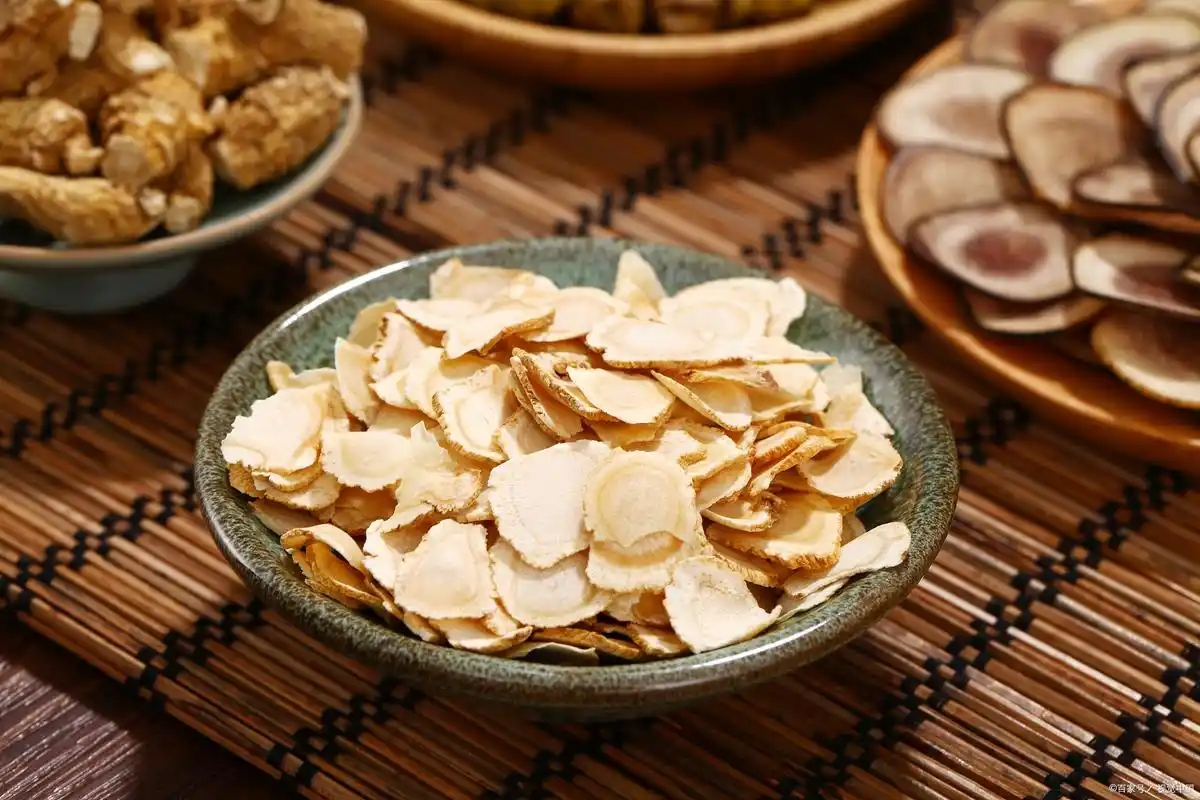Ginseng, widely recognized as the “King of Herbs,” occupies a central role in traditional Chinese medicine (TCM). Its enigmatic therapeutic effects and distinctive growth characteristics have consistently drawn attention from various groups. From ancient imperial physicians to contemporary medical researchers, ginseng has remained a focal point of interest. Across both Eastern and Western cultures, its reputation is well-established. Beyond being merely a plant, ginseng serves as a cultural emblem, embodying humanity’s aspirations for health and longevity.
Ginseng is a staple in TCM, offering benefits such as physical nourishment, fatigue reduction, and anti-aging properties. It is used to address symptoms like shortness of breath, weakness, thirst due to fluid deficiency, and excessive thirst caused by internal heat. However, medication contraindications must be considered, including compatibility restrictions, dietary precautions, and specific group exclusions. Potential side effects include diarrhea, rash, insomnia, palpitations, and others. Therefore, it is imperative to adhere strictly to medical advice when using ginseng.
I. Functions and Effects
1. Physical Nourishment: Ginseng enhances immunity, boosts physical resilience, promotes metabolism, and supports growth and development. For individuals experiencing physical weakness, shortness of breath, or fatigue, ginseng can effectively alleviate these symptoms.
2. Anti-fatigue Properties: Ginseng strengthens cardiac and pulmonary functions, improves blood circulation, and alleviates fatigue, thereby increasing vitality and energy levels.
3. Anti-aging Benefits: Rich in antioxidants, ginseng reduces free radical damage, protects tissues, and delays the aging process.
II. Contraindications
1. Compatibility Restrictions: Ginseng should not be combined with substances such as vitamin C, niacin, or hypoglycemic drugs, as this may interfere with drug efficacy or exacerbate conditions like diabetes.
2. Dietary Precautions: While taking ginseng, avoid consuming foods like radishes, mung beans, or crabs, as they may induce adverse reactions.
3. Group-Specific Exclusions: Certain populations, including children, individuals with heart disease, and others, should avoid ginseng due to potential adverse effects on the liver, central nervous system, or cardiovascular system.
III. Side Effects
Prolonged or improper use of ginseng may result in adverse reactions, such as diarrhea, rashes, insomnia, elevated blood pressure, headaches, or palpitations. These are common side effects associated with drug misuse. To ensure safety, ginseng should only be consumed under professional medical supervision.
Contact: Serena Zhao
WhatsApp&WeChat :+86-18009288101
E-mail:export3@xarainbow.com
Post time: May-16-2025




